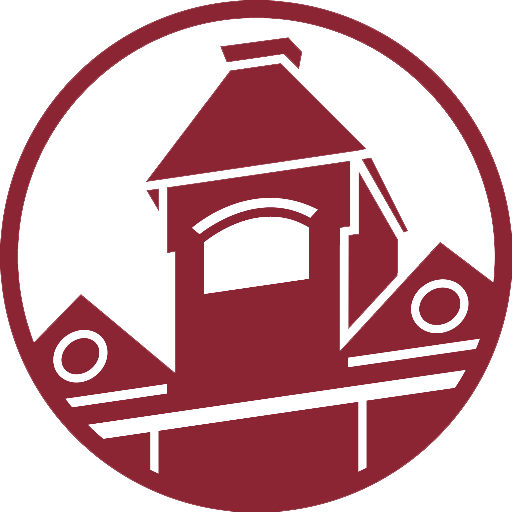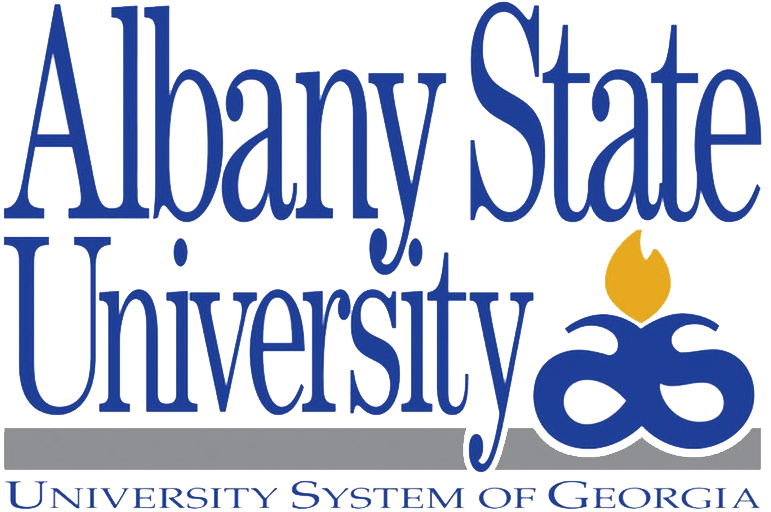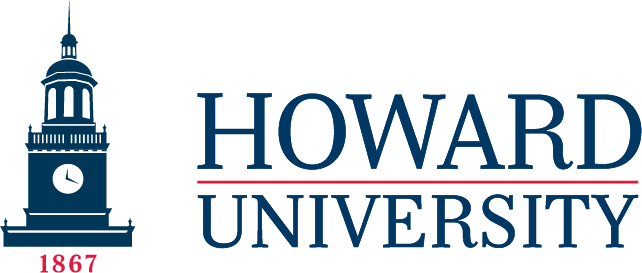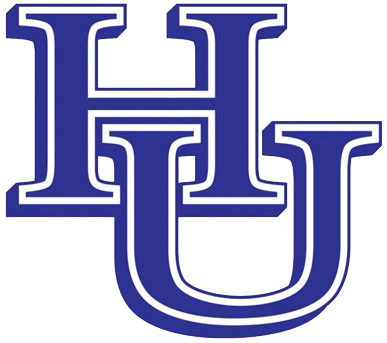Growing up, Kadidja Dosso dreamed of building her own organic beauty empire. She fixed and styled her friends’ hair in high school, and as a student at Hampton University, a Historically Black College and University (HBCU) in Hampton, Virginia, her beauty skills earned her extra income doing freelance makeup for other students. “Come to Room 308,” she would say. Dosso, 25, now owns Dosso Beauty, a non-binary, organic beauty supplier. She grew her business from four styles of mink eyelashes to a line that features 52 products, including top-selling products such as the vegan Fresh Face Skin Care Kit, whipped shea butter, Fresh Beard Oil & Beard Comb, and the “Per My Last Email” Lustre Lip Gloss.
Dosso’s business delivers more than beauty. During Women’s History Month in March, she raised $500 to donate to youth centers for girls in The Gambia to combat the issue of absences from work and school due to menstrual cycles. She also donated 10% of all sales from the first two weeks of June to Campaign Zero to help the fight against police brutality.
She credits her alma mater for developing her entrepreneurial skills and fueling her passion to launch her own business. “I’ve never seen so many beautiful driven Black people in one space constantly motivating you to be better and to do more and strive for the best,” says Dosso. “I’d always dreamed big, but I was never able to see it first hand. Going to an HBCU, especially Hampton, allowed me to see all the things I could accomplish.”
Dosso’s journey demonstrates two trends: the growing rise of Black entrepreneurship, particularly among young women, and the critical role HBCUs play in nurturing Black business talent. In fact, in a survey of 2,700 businesses by Guidant Financial, a small business financing company, and LendingClub Corp., an online credit marketplace, Black businesses grew in 2018 by more than 400%. Young women such as Dosso fueled that growth and demonstrated an increasing rise in Black-owned business in the health, beauty, and fitness markets.
Institutions such as Dosso’s alma mater serve as a critical part of this story. As Leesa Thomas-Banks, a professor in the business, management, and accounting department at University of Maryland Eastern Shore, explains, a key goal of HBCUs is enhancing the natural leadership skills of its students. “I think it’s an important goal at all HBCUs, but it’s definitely an important goal for us at UMES because leadership and ownership are probably one of the most effective ways to transform communities,” Thomas-Banks says. “And if you have the mindset of a leader, it changes your perspective on life in general. It changes your thinking, it changes the way you go about whatever business you have to do whether it’s working for someone or opening your own business.”
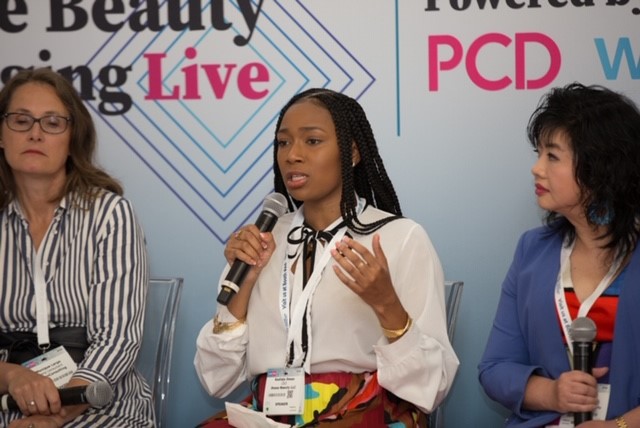
Kadidja Dosso, owner of Dosso Beauty, attends events such as the Future Beauty Packaging Live in NYC to promote her products. (Photo courtesy of Kadidja Dosso)
A Growing Interest in HBCU Talent
In fact, tech and business giants such as Hewlett-Packard, Google, Microsoft, and Apple now court and seek out students from HBCUs, and many cities have begun to see programs in their communities that foster minority entrepreneurship — from the Howard University Institute for Entrepreneurship, Leadership, Innovation in Washington D.C. to the Meda Million Dollar Challenge for Minority Entrepreneurs in St. Paul, Minnesota. Andrew O’Leary, chief development officer of Meda, the Metropolitan Economic Development Association in Minneapolis, Minnesota, says recent years have seen more interest in investing in underrepresented business owners. “It’s probably too early to see any real uptick in investment, particularly in light of coronavirus and its effect on minority-owned businesses,” says O’Leary. “But we do believe that our efforts, and efforts of other organizations like Meda, investing in minority-owned businesses are slowly paying off.”
Students from HBCUs bring a different perspective formed by a unique mission compared to predominantly white institutions (PWIs). Jelani M. Favors, Ph.D., author of Shelter in a Time of Storm: How Black Colleges Fostered Generations of Leadership and Activism, says that HBCUs were designed from their founding in the years after the Civil War to offer what he refers to as a second curriculum, “a pedagogy of hope,” grounded in three major principles: race consciousness, idealism, and cultural nationalism, which he describes as African Americans not only being proud of themselves, but also being proud of institutions that serve the Black community. With segregation rampant in the mid-19th century, African Americans turned inward to serve themselves, through both Black colleges and Black businesses. He says as students were attending HBCUs, they were encouraged to support Black businesses and champion HBCUs.
These efforts gave rise to what Favors refers to as the golden age of Black businesses in the early and mid-20th century. This stretched from Black-owned insurance companies to Black-owned banks and transportation companies. “These become the spaces and places where Black folks can leave HBCUs with a degree, and many of them go and work for these institutions,” Favors says. He adds this is where race nationalism played its most important role as African Americans consciously supported the modern Civil Rights movement through their support of Black-owned businesses. The 107 HBCUs that exist today continue to teach the lessons put forth in the second curriculum as they address institutional and cultural prejudices that impact Black entrepreneurship.
An Emphasis on Data, Soft Skills, and Community
A critical issue that Black business owners and entrepreneurs face is capital (both access to it and its cost). Research demonstrates the financial challenges that Black entrepreneurs face: they rely on personal credit cards more than other racial groups when building startup capital, they are three times more likely than their white counterparts to have profitability hurt by lack of access to capital, and more than twice as likely as whites to have profits negatively impacted by the cost of capital. For faculty at HBCUs, these issues aren’t asides to classroom conversations but obstacles that drive what they do and what they teach. Mark L. Quinn, chair of entrepreneurship at Xavier University of Louisiana, the only Catholic HBCU, located in New Orleans, says that although support and development of entrepreneurs remains on the radar of HBCUs across the country, the future of minority entrepreneurship doesn’t look great due to two major problems: access to capital and access to the marketplace by access to government contracts and supplier contracts in private industry.
“[Black-owned businesses] become the spaces and places where Black folks can leave HBCUs with a degree, and many of them go and work for these institutions,” says Dr. Jelani M. Favors.
“Making capital available for small businesses in the conceptualization stage and the growth stage helps a lot. Business incubators and other forms of technical assistance and networks certainly will go a long way. And more conscious efforts on the part of large businesses, government, and public sources to do business with small businesses, particularly minority-owned businesses,” says Quinn.
He says he addresses these issues first by introducing the students to entrepreneurship, removing the mystique around it, and framing it as an option that is attainable. He says a lot of the students at XULA have had limited experiences with entrepreneurs, whether it is family or friends. He says he tries to nail home that they do not have to be a millionaire to be an entrepreneur, and it is more of a state of mind.
At Morgan State University in Baltimore, Maryland, Mary Foster, associate professor in business administration, says she combats the challenges faced by Black entrepreneurs by emphasizing how education, evidence-based tools, skills, and experience inform the launch of a business. Morgan State offers both an entrepreneurship major and minor, and Foster says both are growing. She says that 10 years ago, Morgan State didn’t offer an entrepreneurship major. Now the major boasts 50 students.
Foster says that Morgan State has also established a social entrepreneurship course, and that many of the students in the entrepreneurship major/minor overall express an interest in starting a non-profit. She says the course features a service-learning component where students work with an organization — non-profit or otherwise — and help them solve a problem.
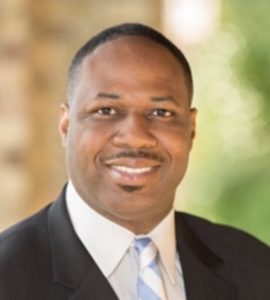
Former President Barack Obama invited Professor Henry McKoy, North Carolina’s former assistant secretary of commerce, to the White House to discuss the role of purposeful investing in today’s economy. (Photo courtesy of Professor Henry McKoy)
Data also plays a key role at North Carolina Central University in Durham, North Carolina. Henry McKoy, director of entrepreneurship at NCCU, uses class assignments to combat any gap that may exist between Black business owners and their white counterparts. For example, he assigns students to research the entrepreneurial makeup of their hometowns using business survey data. By comparing business ownership demographics to the city’s population, the unlevel playing field in various pockets of the U.S. become visible and tangible.
“By the end of the semester, I expect them to stand up and give a deep analysis,” McKoy says, noting that work includes articulating discrepancies, disparities, and the barriers to those entrepreneurs finding parity. “Then I have them offer some level of solutions to what can be done to address those issues.” McKoy noted a few cities his classes have analyzed in the past, such as Tulsa. Formerly known as “Black Wall Street,” businesses there were desecrated during the 1921 Tulsa Race Massacre, and the setback it caused Black business owners is still felt today. McKoy says residents of Durham and Atlanta experience a similar imbalance.
McKoy also teaches business at University of North Carolina at Chapel Hill, public policy at Duke University, and is a fellow at the Harvard Kennedy School of Law. He says in order to address these gaps, the work needs to start at HBCUs because the economic impact, which starts with entrepreneurs, will scale up to educational, social, and health impacts.
The idea of community has long played an essential role for minority entrepreneurs, and that continues in the work of today’s HBCU social entrepreneurs. Autumn Kyles, like Dosso, is an alumna of the five-year MBA program at Hampton. Kyles, who minored in entrepreneurship, credits her alma mater with developing her attention to serving her communities. She is the co-founder and CEO of Detroit Dough, an edible cookie dough company headquartered in Detroit, and Proxie Detroit, a small business content hub and inspiration page providing tips and advice from other business owners for Black women entrepreneurs. Kyles says Hampton didn’t specifically address social entrepreneurship, however, there was an emphasis on creating community that came from a sense of community in the program. “Because of that, it allowed a lot of people, including me, to be more creative and think outside of the box with what I wanted to do in my future,” says Kyles. She gives back 5% of all sales to the “Dough That Makes a Difference Fund,” which supports initiatives that aim to transform the NW Goldberg neighborhood in Detroit.
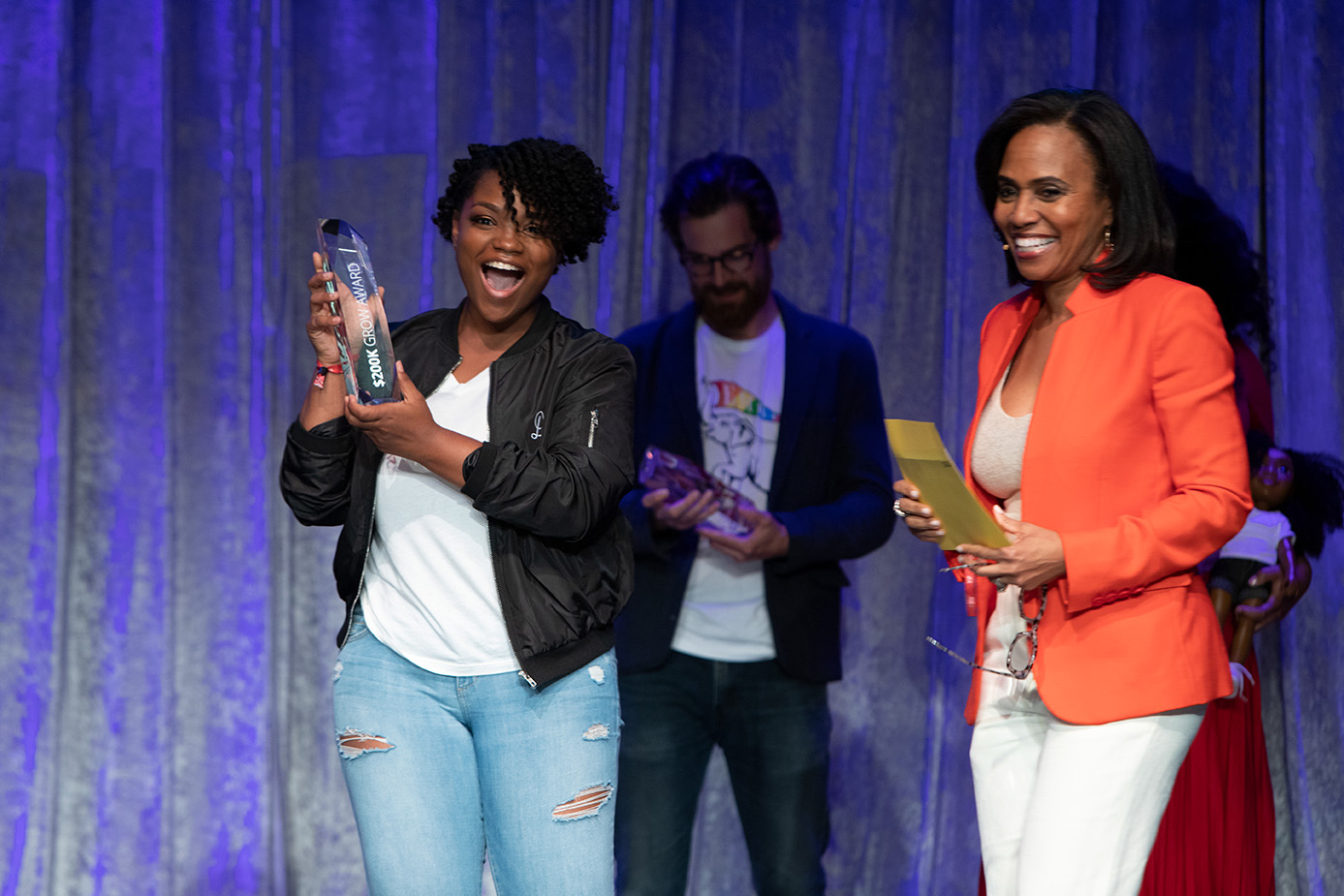
Autumn Kyles’s Detroit Dough won second place in the “grow” category and the People’s Choice Award at the 2019 Detroit Demo Day, earning her $225,000. (Photo courtesy of Autumn Kyles)
Kyles says Hampton also cultivated a spirit of allowing people to follow their interests and pursue projects that reflected those interests, which encouraged a lot of students to start businesses while at Hampton. Kyles says she acquired valuable soft skills during her 10 semesters. “I learned a lot about negotiation, understanding the ethos of a company, how do you fit in as an employee, how do you pitch, and how do I do a soft introduction on the fly,” Kyles says.
Dosso also credits the institution with developing those skills. She remembers a requirement during her time at Hampton being that they had to dress up twice a week — once in business casual attire and once in business professional attire. She says because of Hampton, she possessed the vernacular and confidence to outshine Ivy League peers during her internships at Morgan Stanley and PricewaterhouseCoopers.
On top of a standard accounting and finance curriculum, the business school at University of Maryland Eastern Shore assures that soft skills are perfected through their communications class, ethics class, and student groups. Thomas-Banks says they offered a “Know Your Worth” seminar this spring that tackled how to deal with difficult people, how to sell yourself, and how to frame what a person brings to the market place in a professional way. “I think everyone coming out of college has a set of knowledge that they gain, but what differentiates those people is the soft skills,” Thomas-Banks says. These skills then translate into students feeling confident in creating their own business plan. During the creation of the business plan, she says professors work with students to figure out where a need is and then they recieve an intern from the department to guide them as they start it.
These kinds of skills and guidance are crucial at Eastern Shore given the notable population of first-generation college students, who may not have had the importance of soft skills emphasized to them. Thomas-Banks says the university teaches soft skills through conferences and seminars, noting the impression it leaves on hiring managers. “That’s some of the things that keep African Americans from getting jobs,” she says. “There’s been some studies recently that indicate that, especially Black men, are seen as,” Thomas-Banks pauses, adding, “maybe people are fearful or offended. Even if they have a college degree, they may think it doesn’t make a good fit, but it’s really that they weren’t able to communicate in a way that created an atmosphere that people felt comfortable working with them.”
Thomas-Banks knows the pride and financial gain that can come from a start-up. She, too, created a business as an undergrad student, operating a late-night convenience shop out of her dorm room because they had a 10 p.m. curfew. She says that business paid the bills for her while in undergrad, and she remembers a fellow UMES student named Miles Banks who turned his passion for photography into a business while in undergrad and started a full-time job upon graduation.
How Community Informs Social Entrepreneurship
Whether by encouraging students to contribute to causes in their communities or by encouraging students to establish themselves and pursue a business presence in their community, social entrepreneurship is baked into the coursework and the mission of HBCUs. At North Carolina Central, graduation requirements include 120 hours of community service. And while every HBCU operates uniquely, McKoy says that, “overall, historically black colleges are kind of the breeding ground for folks who are looking to use their education gained to have a bigger impact on society.”
That community focus also informs the school’s focus. At South Carolina State University in Orangeburg, South Carolina, Zachary Thomas, director of entrepreneurship in the university’s School of Business, says they plan to focus more on agriculture and agribusiness in the coming years due to the university’s location in a rural and predominantly African-American community. Thomas says that every HBCU is different, and their geography informs those priorities. Because Orangeburg sits in a rural area between Charleston and Columbia — the two biggest cities in South Carolina — he says they work to establish relationships with enterprises rooted in the region such as agriculture, tourism, and retail. He cites a specific example of the school working with a tour bus company and a bed and breakfast. “The clients and students we work with get a sense of what we give to you, is for you to be able to give to someone else,” he says. “They are seeing that firsthand.”
They also boast a range of agricultural opportunities, including their 1890 Agriculture Innovation Scholarship program that helps to recruit students who want to pursue degrees in the food and agricultural sciences and business programs. The 1890 in the scholarship’s title signals the university’s status as a land-grant university. The First Morrill Act of 1862 allowed states to receive federal support in the form of land to establish universities, and the Second Morrill Act of 1890 helped create the nation’s first 17 historically Black land-grant colleges, including SCSU. The university also serves as home to The 1890 Research & Extension Program, which funds projects that focus on agriculture and production systems, youth and family development, rural life, rural opportunities and environment, health and human nutrition.
“Overall, historically black colleges are kind of the breeding ground for folks who are looking to use their education gained to have a bigger impact on society,” says Professor Henry McKoy.
The emphasis on serving communities will continue to grow, NCCU’s McKoy says, noting that the shift to social entrepreneurship reflects a generational gap. When he was in school, he says money served as the primary goal. “Social entrepreneurship is going to continue to grow, and it is going to be important across all demographics,” McKoy says. “At some point we are going to get to a point where all entrepreneurship is social entrepreneurship one way or another.” He adds that what makes Black entrepreneurs unique is that they put impact above all else. “It is more important than the money to them,” he says.
For Kyles, her accomplishments at Accenture, a multinational, professional-services company, created an opportunity that allowed her to move back to her hometown of Detroit. But what keeps her there is seeing how entrepreneurship has changed the landscape in Detroit. “We have a very unique ecosystem for entrepreneurs,” she says, noting that the real world, the one that arrived after she left Hampton, can feel very dog-eat-dog. “Our entrepreneurship landscape is focused on ensuring that entrepreneurs succeed so there are a lot of free resources, a lot of money. We are an entrepreneurship hotbed.” Kyles takes comfort in knowing that other HBCUs are graduating and sending other like-minded alumni out into their communities to do the same.
Featured images illustration by Stephanie Macrinos.




